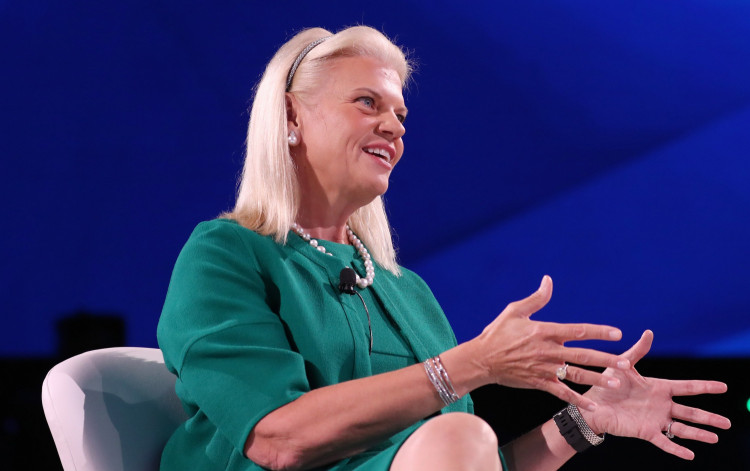International Business Machines Corp failed to impress when it reported its 2018 third-quarter results on Oct. 15.
The company's overall revenue dipped to $18.76 billion, failing to meet analysts' expectation of $19.10 billion, Reuters noted, citing data from Reminitiv.
The company's profit was impacted by sluggish software sales and diminishing demand for mainframe servers as well as the traditional software services which have been its bread and butter in the past years.
The market reacted rapidly after IBM's announcement. IBM stock fell as much as 5 percent on Tuesday.
Revenue from Technology Services and Cloud Platform, IBM's largest business unit, were down 2 percent on the year.
Technical support services revenue dropped by 3 percent.
The revenue from its systems units, the segment which comprised the mainframe servers and data storage systems which the company provides to large organizations, was up by mere 1 percent. Still, this business segment had jumped to 25 percent in the previous quarter.
Sales growth of Z14 mainframe servers, which was just launched in 2017, has been sluggish.
IBM's cognitive software business, which provides artificial intelligence platform Watson, analytics and cybersecurity services generated sales of $14.15 billion which were down 6 percent in the previous year.
Despite the lackluster financial results, IBM CFO Jim Kavanaugh remained upbeat during a conference call with investors. The company is optimistic that CEO Ginny Rometty's long-term plan would take reverse the company's sales decline. Indeed, the Strategic Imperative group increased by 13 percent in the nine months of 2017.
Rometty has been shifting IBM's focus toward fester-growing cloud and analytics services to reverse the sales decline in the company's traditional hardware products.
In the same day that IBM announced its financial results, it also announced a new open technology aimed at making it more convenient for companies to manage, move, and integrate apps across different cloud computing infrastructures.
The service, dubbed by the company as the world's first multi-cloud management technology, provides an operations console for companies to merge both public and private cloud capabilities with their existing business software.
The technology could be optimized on the IBM cloud but could be merged on clouds from different providers such as Amazon, Red Hat, and Microsoft.
IBM has also announced on Tuesday a new cloud-based community platform that could be partnered with cyber security applications. The technology is powered by artificial intelligence and could analyze security data across tools and platforms that were previously working independently together.





